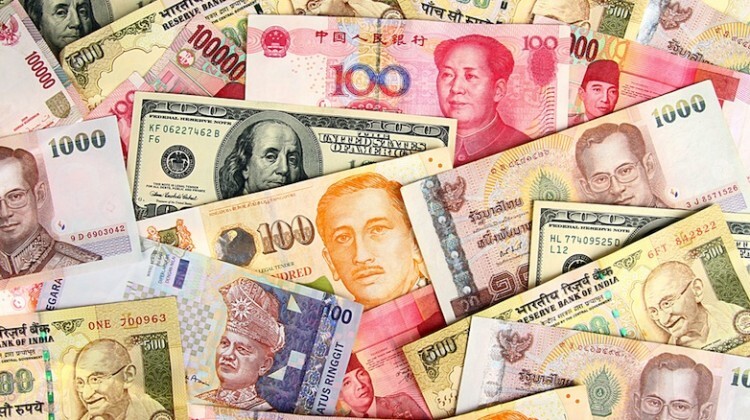468
you are viewing a single comment's thread
view the rest of the comments
view the rest of the comments
this post was submitted on 22 Jul 2023
468 points (100.0% liked)
Asklemmy
43738 readers
1116 users here now
A loosely moderated place to ask open-ended questions
If your post meets the following criteria, it's welcome here!
- Open-ended question
- Not offensive: at this point, we do not have the bandwidth to moderate overtly political discussions. Assume best intent and be excellent to each other.
- Not regarding using or support for Lemmy: context, see the list of support communities and tools for finding communities below
- Not ad nauseam inducing: please make sure it is a question that would be new to most members
- An actual topic of discussion
Looking for support?
Looking for a community?
- Lemmyverse: community search
- sub.rehab: maps old subreddits to fediverse options, marks official as such
- !lemmy411@lemmy.ca: a community for finding communities
~Icon~ ~by~ ~@Double_A@discuss.tchncs.de~
founded 5 years ago
MODERATORS

This is because inflation isn't a bug it's a feature.
Anything that transfers wealth up the chain, from working class to middle class and from middle class to upper class, is a feature of the western economic system.
For example, in England and Wales the Bank of England is charged with keeping inflation at a target of around two per cent. This means that the pound in a workers pocket is supposed to devalue. The advantage is that the government borrows money in its own currency so inflation means that its debt goes down (in real terms) when inflation goes up.
There are a ton of issues with our economic system, and there are a ton of structures in place to funnel money up, but keeping a moderate inflation is not one of those things.
Inflation is a specific counter-measure against people who already have a ton of money. It provides a reason for them not to just "take their ball and go home" once they have a pile of money.
To shelter their money from inflation, they need to either risk it on the open market, allowing that capital to do things like pay worker salaries, or buy things like GICs which are essentially loaning money to the government so the government can do things like build roads or fund social programs.
In either/all cases, inflation is designed to do the exact opposite of funnel money upwards, it's a mechanic to wrench that money out of the hands of the wealthy.
Yes, and the people at the top do keep their money in circulation, and as a result their wealth stays constant across inflation while workers’ wages and savings go down.
I have no idea why you don’t see that as a transfer of wealth.
You say it incentivizes the rich to not hoard cash. Well, they don’t. In fact, it incentivizes everyone to not hoard cash, but the rich are the only ones with sufficient cash to trade that cash for income-generating assets.
It incentivizes everyone by punishing everyone for holding cash, but only the upper class is able to evade that punishment by converting their wealth. Poor people don’t have though cash to transform it into wealth. Their cash is only useful to them as cash.
This is why the poor are feeling the inflation the worst. People who own no stock are the ones hit hardest when the government printed a bunch of money and injected it into the stock market.
What you describe would be worse without inflation. The rich would still have most of the capital, but they also wouldn't bother investing it either, which at least recirculates the money and becomes income for others.